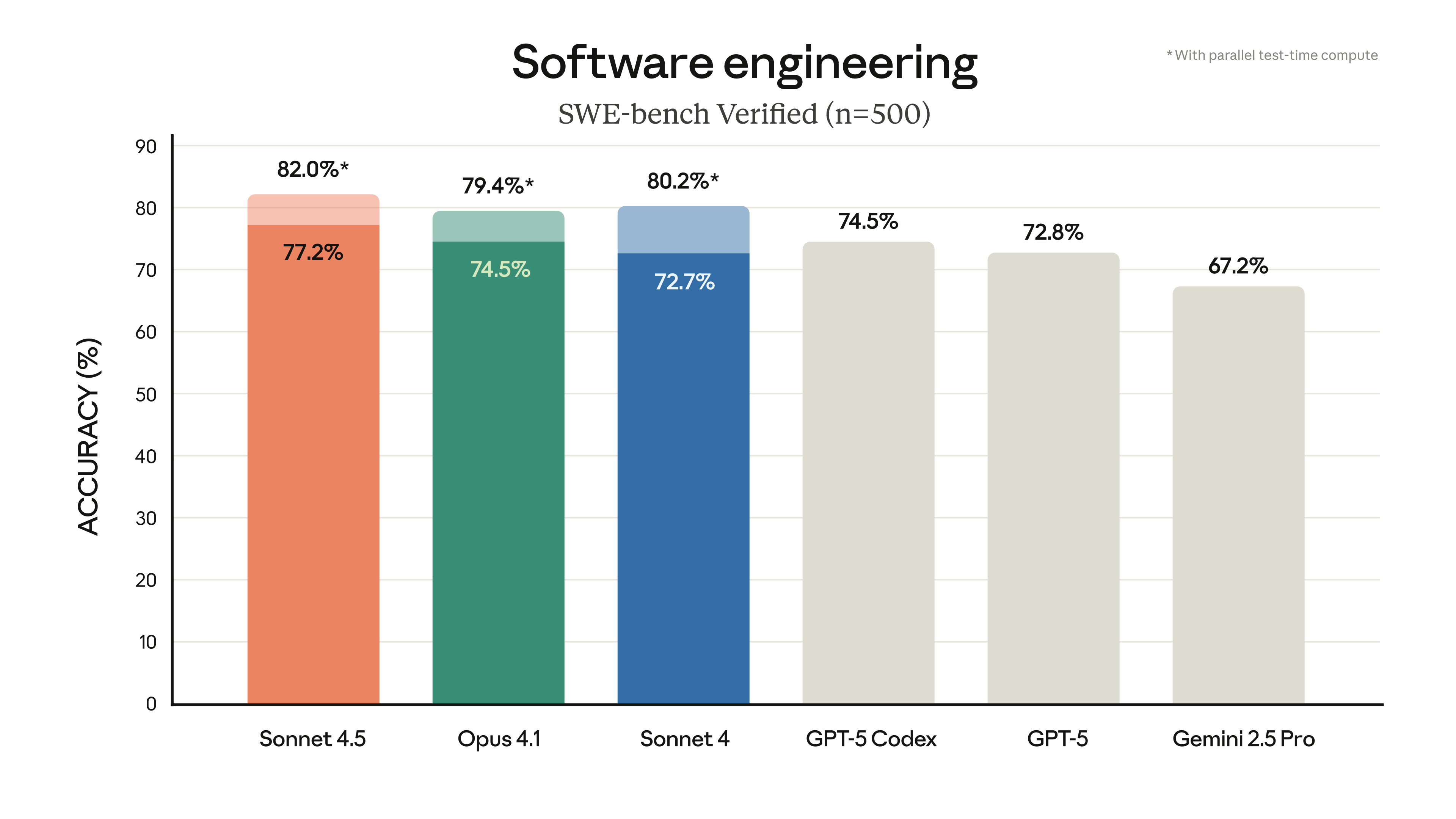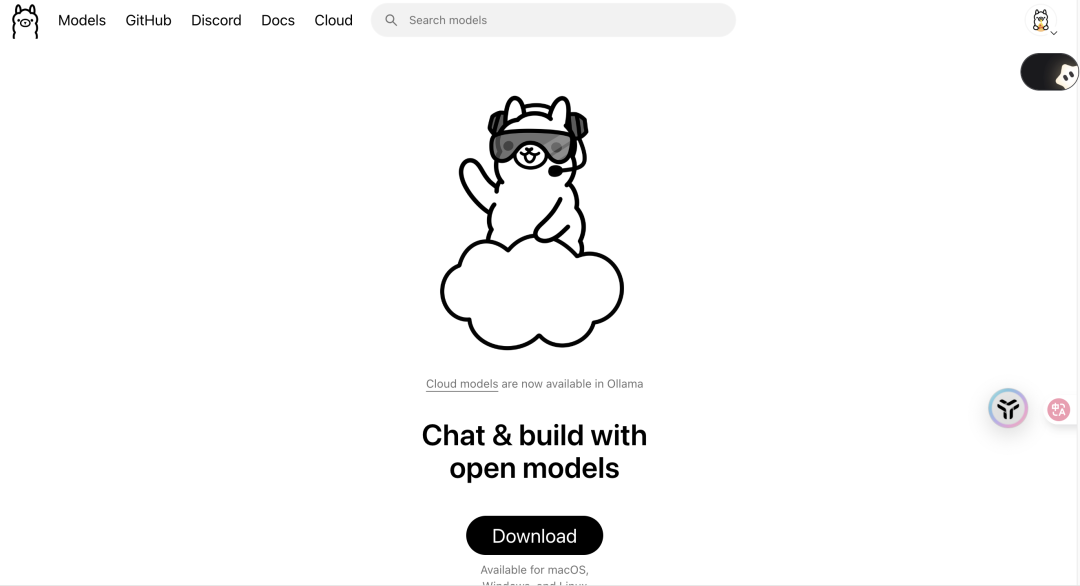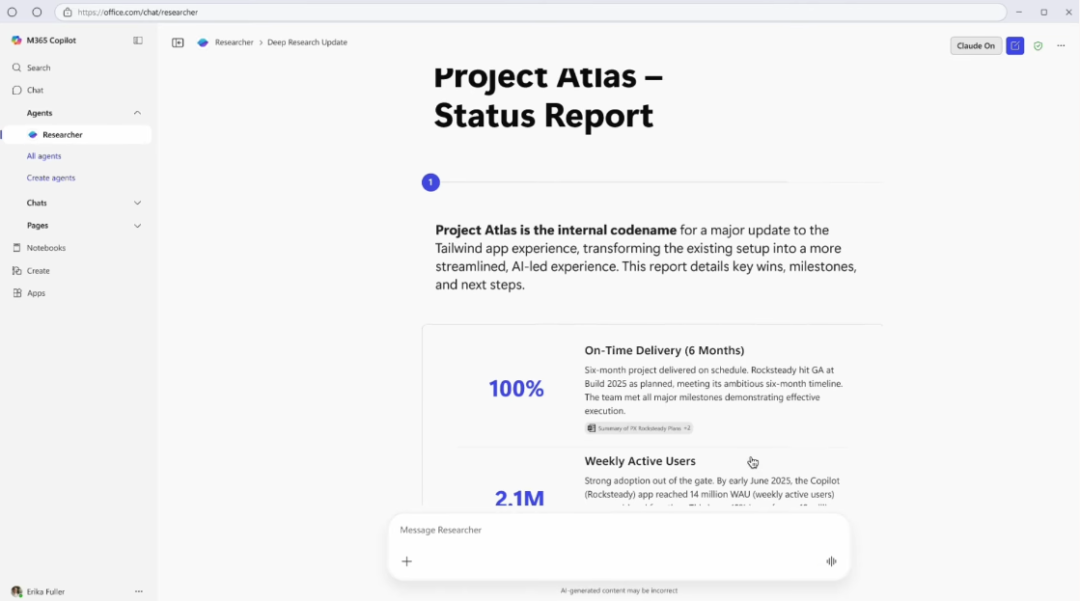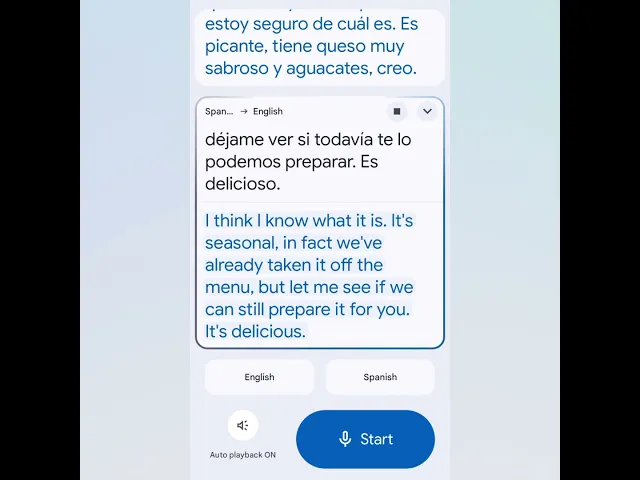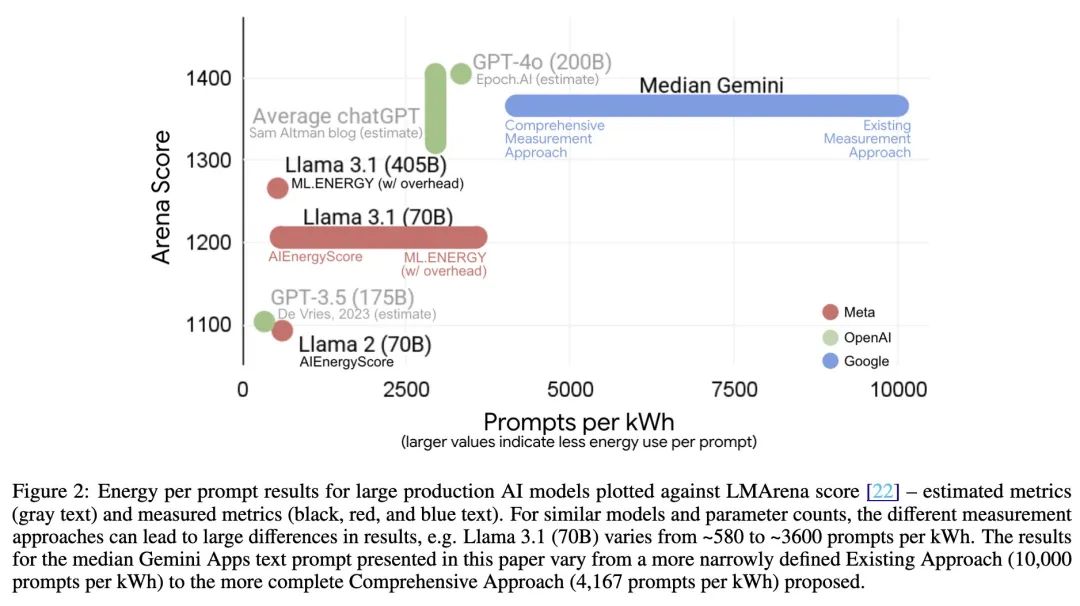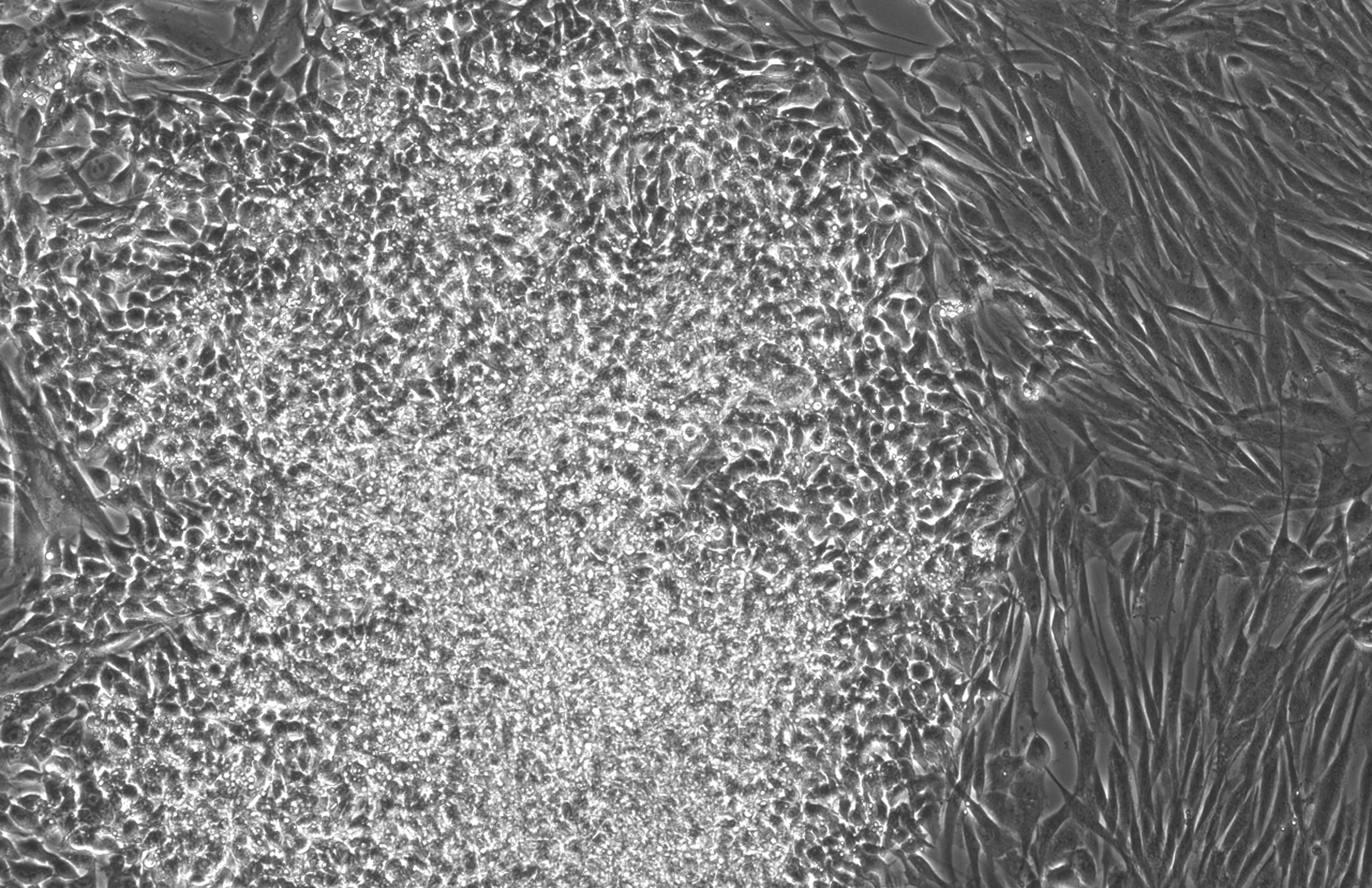A mysterious AI model called Nano Banana is quietly triggering a storm in the technology circle. It doesn't have a formal launch event or extensive marketing campaigns, but it has been making waves in the tech world by virtue of its role in the AI model evaluation platform LMArena The amazing performance demonstrated on the device has quickly become a hot topic of discussion among developers and creatives around the world.
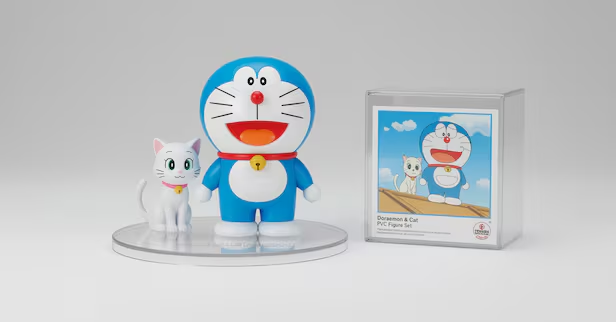
The model originally appeared in LMArena's "Battle" mode, a platform that allowed users to vote on images generated by two anonymous models without knowing their names. It was in this blind test that Nano Banana stood out for its superior image generation and editing capabilities. Users found that it was not only able to create detailed, realistically lit photos based on simple text prompts, but also to modify existing images "without a trace".
For example, cases circulating on social media show how easily the Nano Banana can sharpen a blurry old photo or seamlessly transform an anime character into a realistic 3D-style rendering. Even more impressive is its editing capabilities. Users simply type in natural-language commands such as "change background" or "make character smile," and the model makes precise adjustments to the image while keeping the subject's lighting, textures, and overall atmosphere consistent. This ability has already caused some to exclaim that Adobe Photoshop, the professional image editing software, may have ushered in its strongest challenger.
For now, the exact origin of Nano Banana remains a mystery. Although its name has not been officially confirmed, it is widely speculated that it has a close relationship with Google. This speculation is based on two main reasons: first, Google's internal projects have a tradition of using the name of the fruit as a codename; and second, the texture and quality of the images it produces are similar to other Google models (such as Imagen). Industry analysis suggests that this could be a next-generation Google image model that is being developed in secret and may be integrated into Google's core AI products in the future. Gemini Even in Pixel smartphones.
Nano Banana's rise coincided with criticism of its competitor OpenAI's GPT-5 model for not performing up to expectations. This stark contrast amplified the impact of Nano Banana. The emergence of a mysterious "dark horse" at a time when industry leaders are slowing down has certainly added new variables to the competitive landscape of AI image generation.
While the Nano Banana has yet to be officially released, users can currently only access it through LMArena or the Flux The limited, randomized experience of its capabilities on platforms such as AI has not detracted from the continued ferment of its reputation. Its emergence heralds a possible future: powerful AI imaging tools will no longer be the preserve of a few experts, but will be empowered through more natural and intuitive interactions for every ordinary user.
If Nano Banana is ultimately proven to be Google's secret weapon, then the competition in AI images and even the creative industry as a whole will undoubtedly enter a new dimension.



